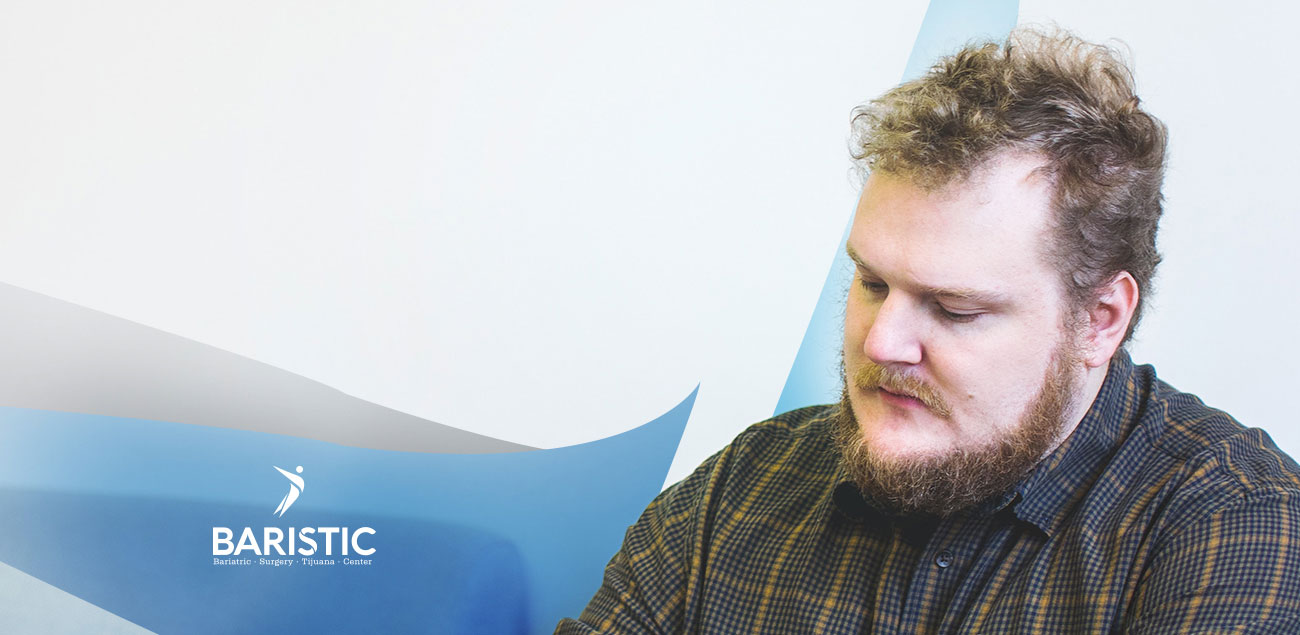
Preparing for Surgery
Fully preparing for surgery will help to ensure a smooth surgical experience. There are many essential steps you must take to prepare for weight loss (bariatric) surgery, and your commitment to lifestyle change begins before surgery itself
—
You won’t wake up thin after bariatric surgery. In fact, you may leave the hospital weighing more because of accumulated fluid. Keep in mind that your surgery is not the immediate answer to weight loss, rather, it’s an internal tool — in the form of a smaller stomach — that will help you on your weight-loss journey.
Medications:
Management of your medications will be discussed by your surgical team at your preoperative visit. Avoid any aspirin and aspirin-containing medications for at least 10 days prior to surgery, unless otherwise directed by your bariatric team. If you are using any blood thinning medications or non-steroidal anti-inflammatory (NSAIDS) such as Advil, Aleve or Motrin, discuss the discontinuation of these medications with your bariatric team prior to surgery.
Tobacco:
Any use of tobacco products should be discontinued prior to surgery. Smoking disrupts normal lung functioning and can increase the possibility of anesthesia complications. Smoking can lead to blood clots, decreased circulation to the skin, and delayed healing.
You can decrease the risk of these complications by stopping smoking altogether and at least 8 weeks prior to surgery. After surgery, continued smoking will stimulate excessive stomach acid production and reduce blood flow to your constructed stomach which increases the risk of gastric ulcer formation.
If you become ill during the days leading up to your surgery, it is important to call the office. You may need to be re-evaluated prior to surgery by your primary care physician.
What to Bring to the Hospital:
It is recommended that you leave all valuable items at home, including jewelry. The following items may make your stay more comfortable:
- Overnight bag with toiletries such as toothbrush, toothpaste, and soap
- Bathrobe/Slippers
- Comfortable, loose-fitting clothes to wear home
Your Surgery Day:
Prior to surgery, you will receive a phone call regarding your expected arrival time and hospital location. After check in, you will change into a hospital gown and slippers. You will be asked to remove your dentures, hearing aids, and corrective lenses.
You will have an intravenous line (IV) placed in your arm while you are in the preoperative area. Your surgeon and anesthesia team will meet with you and your family to answer any last minute questions.
You will be wheeled back to the operating room and be connected to a variety of monitors. Our anesthesiologist will give you medications through your IV to help you relax and put you to sleep. Once you are asleep, an endotracheal tube will be placed through your mouth into your windpipe to help you breathe. While you are asleep, a catheter will be placed in your bladder.
This will still be in place when you wake up. Once the surgery is completed, you will be awakened in the operating room and will be transferred to the recovery room. Your surgeon will update your family on your progress. Once your initial recovery is completed and your vital signs are stable, you will be transferred to your room. Our nursing staff will assist you to get out of bed that evening and sit in a chair.
Your Hospital Stay:
On average, most of our bariatric patients will stay in the hospital for 2 nights. However, depending on your condition, you may have to stay additional days. Around the clock nursing care will monitor your condition and your surgeon will assess your progress. While in the hospital, you will be encouraged to walk several times per day and do breathing exercises which will help speed up your recovery, reduce gas pain, and prevent blood clots. You will be given an incentive spirometer to help expand your lungs. Coughing and deep breathing will loosen any secretions and help prevent pneumonia.
It is important to note that some pain is completely normal after surgery. You will be given pain medication that is administered through an IV that you will control, known as PCA or “patient-controlled analgesic.” Once you are able to tolerate liquids, you will be transitioned to oral pain medication. The nursing staff will monitor your postoperative pain and provide ordered medications. Inform your nurse and physician if you are having uncontrolled pain.
A clear liquid diet may begin the day after surgery and you should sip fluids very slowly throughout the day in order to maintain good hydration. Remember to follow the specific instructions given to you by your nurse. Your IV will be in place until you are discharged from the hospital to maintain your hydration.
Your discharge from the hospital will be determined by your surgical team. Prior to discharge, you will be given specific post-operative instructions and prescriptions, unless you have received them at your preoperative appointment.
Immediate Recovery at Home
After you are discharged from the hospital, it is important to follow your discharge instructions. Continue to walk several times throughout the day in order to reduce the risk of developing blood clots. Increase the distance that you are walking gradually. You can perform light household duties as tolerated, however, be sure to avoid any heavy lifting for several weeks.
One of the most important things to remember at home is to keep yourself well hydrated. Carry a water bottle with you at all times and take small, frequent sips throughout the day. Drink at least 64 ounces of fluid per day, as directed in your hydration log. You may feel fatigued and less energetic for several weeks after surgery which is completely normal. Please call our office if you have any concerns.
Symptoms in which you should contact your surgeon immediately are:
- Fever of 100.5 or above
- Redness, swelling, increased pain or pus-like drainage from your wound
- Chest pain or shortness of breath
- Persistent nausea or vomiting
- Pain, redness, or swelling in your legs
- Urine output less than four times in 24 hours
- Pain that is unrelieved by pain medication
- Pain that is unrelieved by pain medication
Some normal symptoms that occur after surgery may include moderate swelling and bruising around incision sites, mild to moderate discomfort or pain, numbness to the skin surface, and redness of scars. You may experience nausea the first few days after surgery. This may be related to fullness, sensitivity to odors, pain medication, post-nasal drip, or dehydration. If your nausea becomes so bad that you are unable to consume any liquids, you should call our office.
Your expected return to work after surgery is approximately 2 to 4 weeks. This is all dependent on the type of work you do, state of motivation, how badly your work needs you and your energy level. Your specific return to work date will be discussed at your preoperative visit.
It is important to remember that not only are you recovering from surgery, you are relearning how to eat and going through a period of rapid weight loss. There should be no heavy lifting for several weeks after surgery.
—
Any questions you may have about Gastric Sleeve, Gastric Bypass or Mini Gastric Bypass, please feel free to send us a direct message through Facebook, Instagram or WhatsApp.
We will gladly reply to you.







